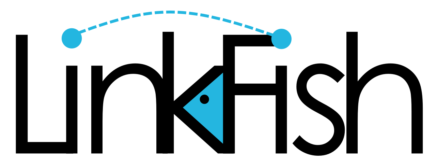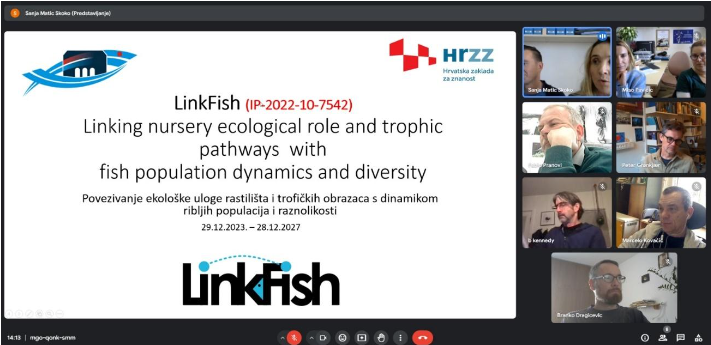PROGRAMme:
HRZZ Istraživački projekti IP-2022-10
Project name:
Linking nursery ecological role and trophic pathways with fish population dynamics and diversity (IP-2022-10-7542)
Total budget:
173.600,00 €
AKRONYM:
LinkFish
Project duration:
29.12.2023. – 28.12.2027.
Coastal ecosystems, such as estuaries and shallow littoral waters, are often highly productive and provide important habitats for many commercially important fishes and invertebrates that use these areas as nursery, feeding and/or breading grounds. The diversity of coastlines found worldwide results in differences in types of provisioning and function, and in community structure and trophic organisation.
Unfortunately, nowadays marine ecosystems are degraded to the extent that some critical coastal habitats are no longer available or suitable for providing breeding, feeding or spawning functions, which negatively affects the abundance and recovery of populations.
This project is a continuation of HRZZ research project: Coastal nursery habitats: Patterns and processes of demographic variability in marine fish species along the eastern Adriatic coast (NurseFish IP-2016-06-9884; http://jadran.izor.hr/~brankod/NURSE/HR).
The identification of essential habitats for selected species based on otolith geochemistry and the temporal consistency of each site’s contribution revealed that the value and functional role of each individual site varies greatly even over small distances. This raises numerous research questions, primarily related to the observed spatial differences in growth rate and the usage period of specific nursery service by juveniles of specific species.
Within species, it is not clear how behaviour changes in space and time as a function of habitat. We hypothesise that fish behaviour corresponds to adaptive decision-making to avoid poor hydrographic conditions (temperature and oxygen), starvation and predation. Thus, time and space may be important axes on which transient juveniles partition their habitats.
To test this, we need to identify juveniles’ chance of survival and differential growth conditions in different habitats, and determine the success of identified nurseries in fulfilling their functional roles. Spatio-temporal habitat use may indicate nursery functions, including ontogenetic habitat shifts, provision of predator refuge, and appropriate trade-off between food/predation risk, but it is difficult to determine which of the factors is decisive for the observed differences.
Neglecting all or some of the highlighted aspects when identifying and assessing the ecological quality of habitats can lead to suboptimal conservation results, especially given the intense competitive human pressures and severe impacts of climate change affecting all levels of biodiversity.
Ignoring all or some of the emphasized aspects when identifying and assessing nurseries can lead to suboptimal conservation outcomes, especially given the intense competing human pressures and severe impacts of climate change on Mediterranean coasts that affect all levels of biodiversity.
Aims:
The project envisages research with three main goals:
(1) Functional role of estuarine habitats in supporting fishery species to gain an understanding of how fish use different habitats during ontogeny and how a specific nursery shapes juvenile behaviour and growth, and finally how connectivity determines spatial scale between fish populations, population dynamics and stock structure which is ultimately necessary for conservation and management strategies using geochemical analysis of otoliths and stable isotopes analysis of water and otoliths;
(2) Multiple trophic pathways, temporal variations in source contributions and cross-linking between nurseries, since access to rich feeding environments is a key contributor to habitat value, and so knowledge of food webs and feeding relationships, and their spatial and temporal variation, is central to understanding the importance of the different coastal environments while investigation of the trophic pathways and variability in productivity along coastal ecosystems to understand the spatial trophic dynamics are important for fish recruitment;
(3) Assessing anthropogenic pressures on coastal nurseries along the eastern Adriatic coast, given the ever-increasing transformation of coastal landscapes by direct human action or climate change, there is an urgent need to improve our understanding of species’ distribution and ecological preferences to determine marine ecosystem responses to different anthropogenic impacts in the Mediterranean, particularly those that affect juvenile survival in nursery areas.
Project partners
Project leader
Institute for Oceanography and Fisheries,
Leader: dr.sc. Sanja Matić-Skoko
Team members:
dr.sc. Jakov Dulčić
dr.sc. Pero Tutman
dr.sc. Branko Dragičević
dr.sc. Dubravka Bojanić Varezić
dr.sc. Nika Stagličić
dr.sc. Mišo Pavičić
dr.sc. Dario Vrdoljak
Lea Madunić

Project member
Prirodoslovni muzej Rijeka, dr.sc. Marcelo Kovačić
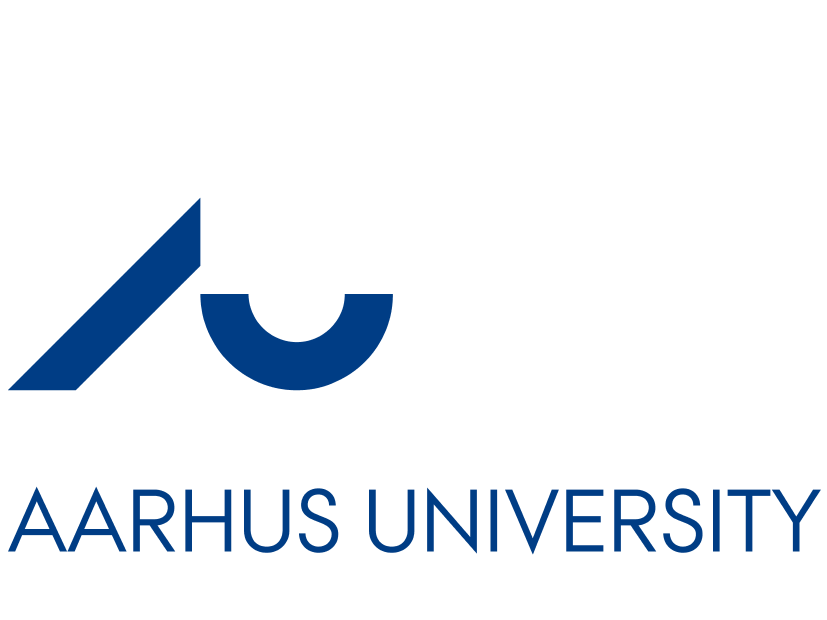
Project member
Sveučilište Aarhus, Aarhus Danska, Prof.dr.sc. Peter Grønkjær
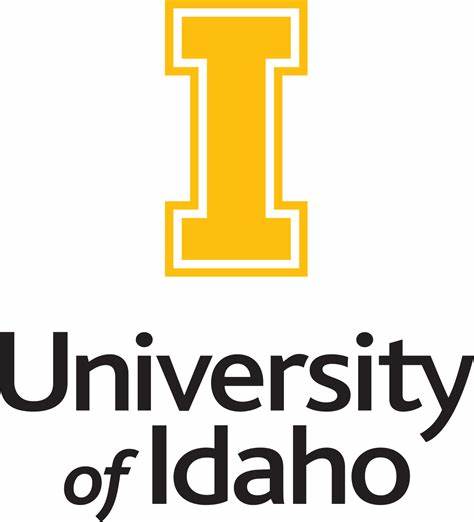
Project member
Sveučilište Idaho, SAD, Prof.dr.sc. Brian. P. Kennedy

Project member
Ca’ Foscari Sveučilište Venecija, Italija, Prof. Fabio Pranovi
Project LinkFish News
Visit of Prof. Dr. Brian Kennedy, University of Idaho, USA
From May 21 to June 10, 2025, Prof. Brian Kennedy join us to hold a 1. project meeting and jointly prepare papers for publication related to the first two modules of the LinkFishproject.
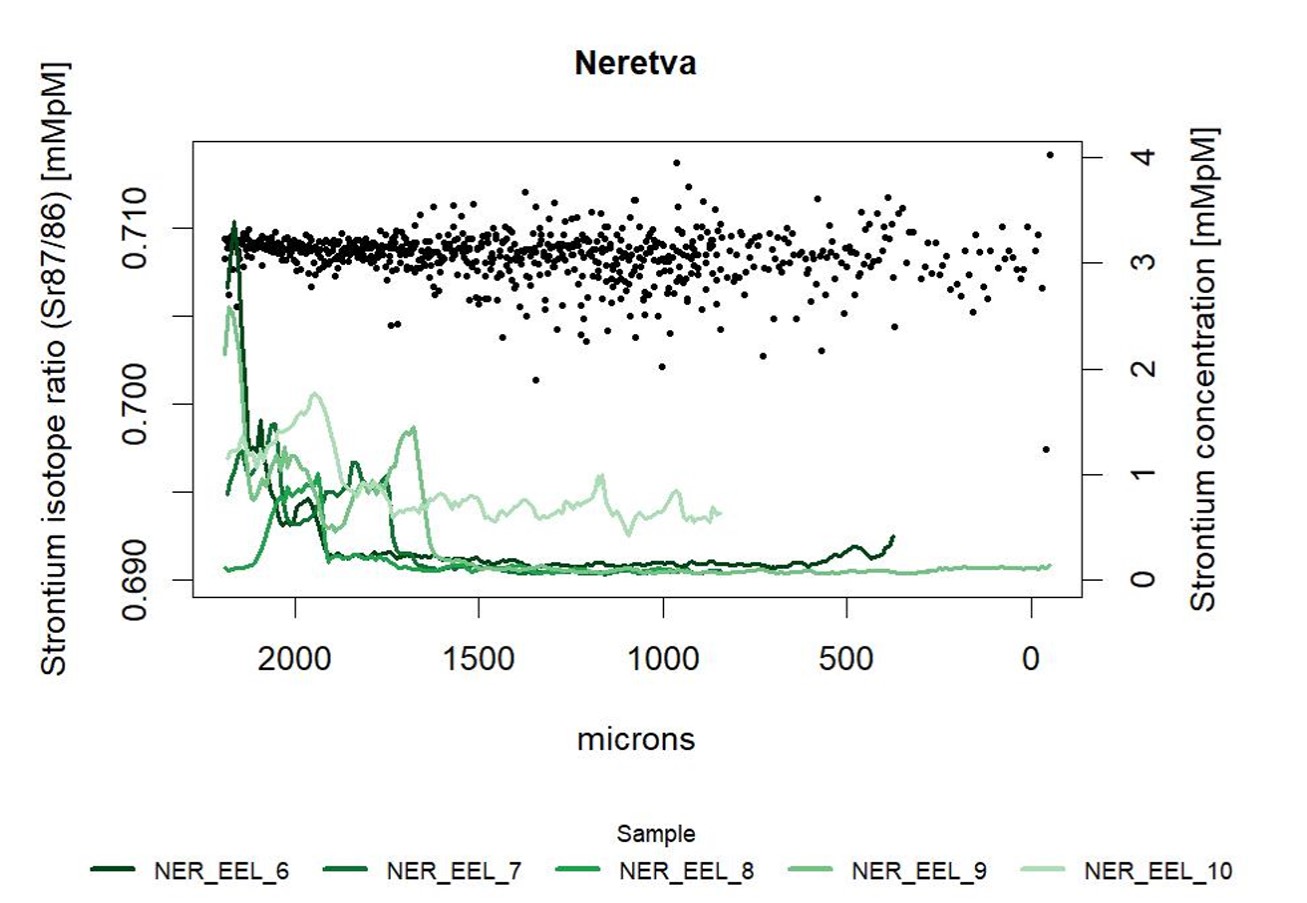
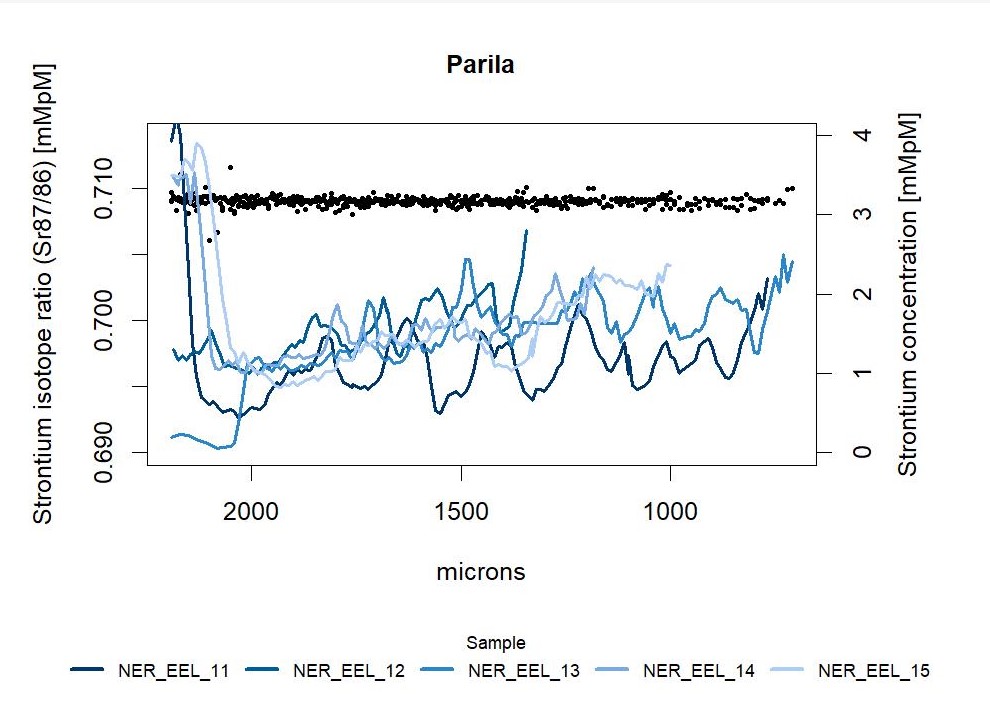


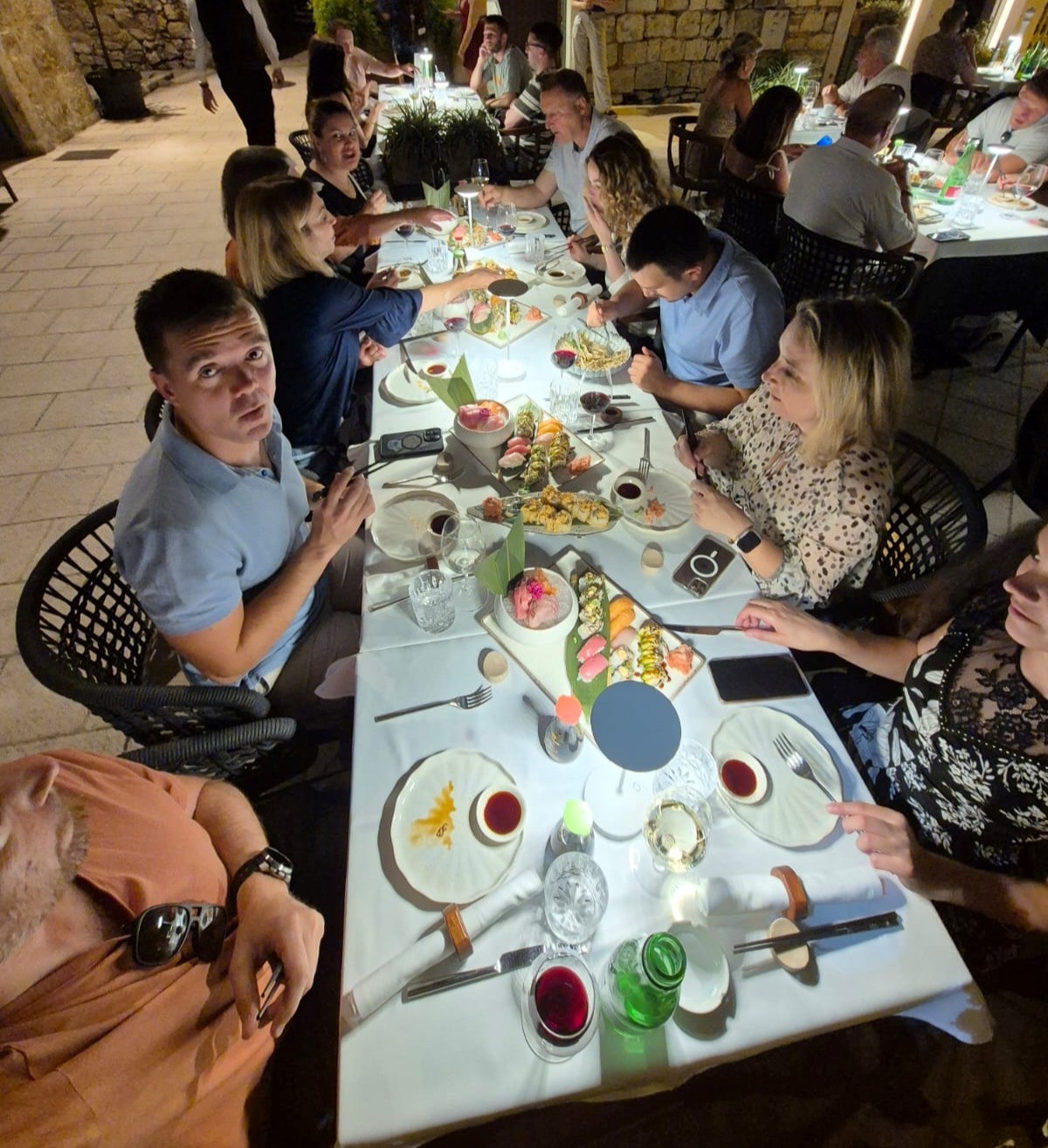
Field Research in the Makarska Riviera
As part of the LinkFish project, Module 3, field research was conducted in the Makarska Riviera area from May 26 to May 29, 2025. Sampling was carried out at 12 locations. The field research included the analysis of the abundance and composition of fish communities on natural and artificial (nourished) beaches. Sampling was conducted using a combination of three methods: scuba diving (quadrat method and transect method), visual census method, and the use of a beach seine net.
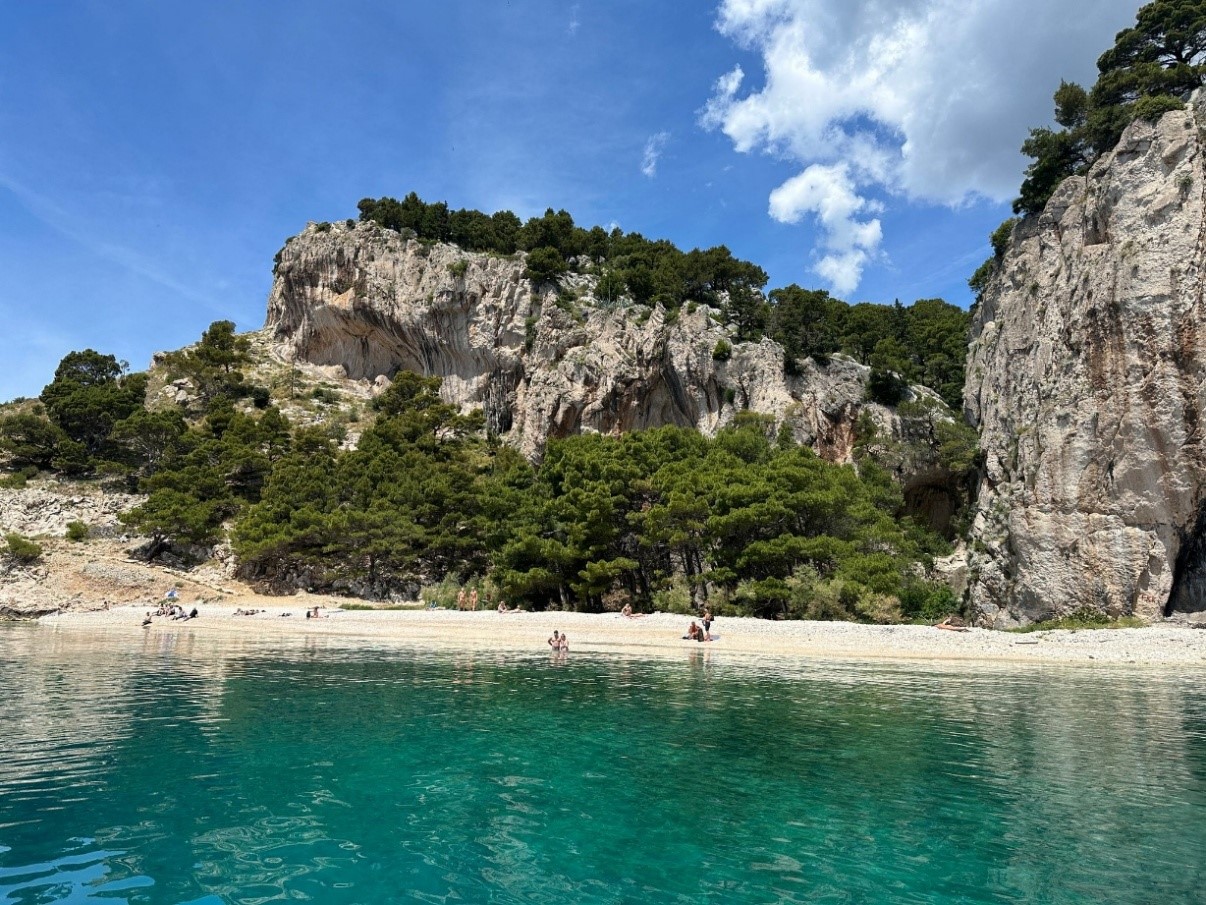


Field research Northern Adriatic
As part of the LinkFish Project – module 3, field research was conducted in the Northern Adriatic between May 5th and May 9th. Sampling was carried out at a total of 12 locations, including 6 natural beaches and 6 nourished (artificially filled) beaches. The field research focused on analyzing the abundance and composition of fish communities at both natural and nourished beaches. Sampling was conducted using a combination of three methods: scuba diving, visual census method and using shore seine net.


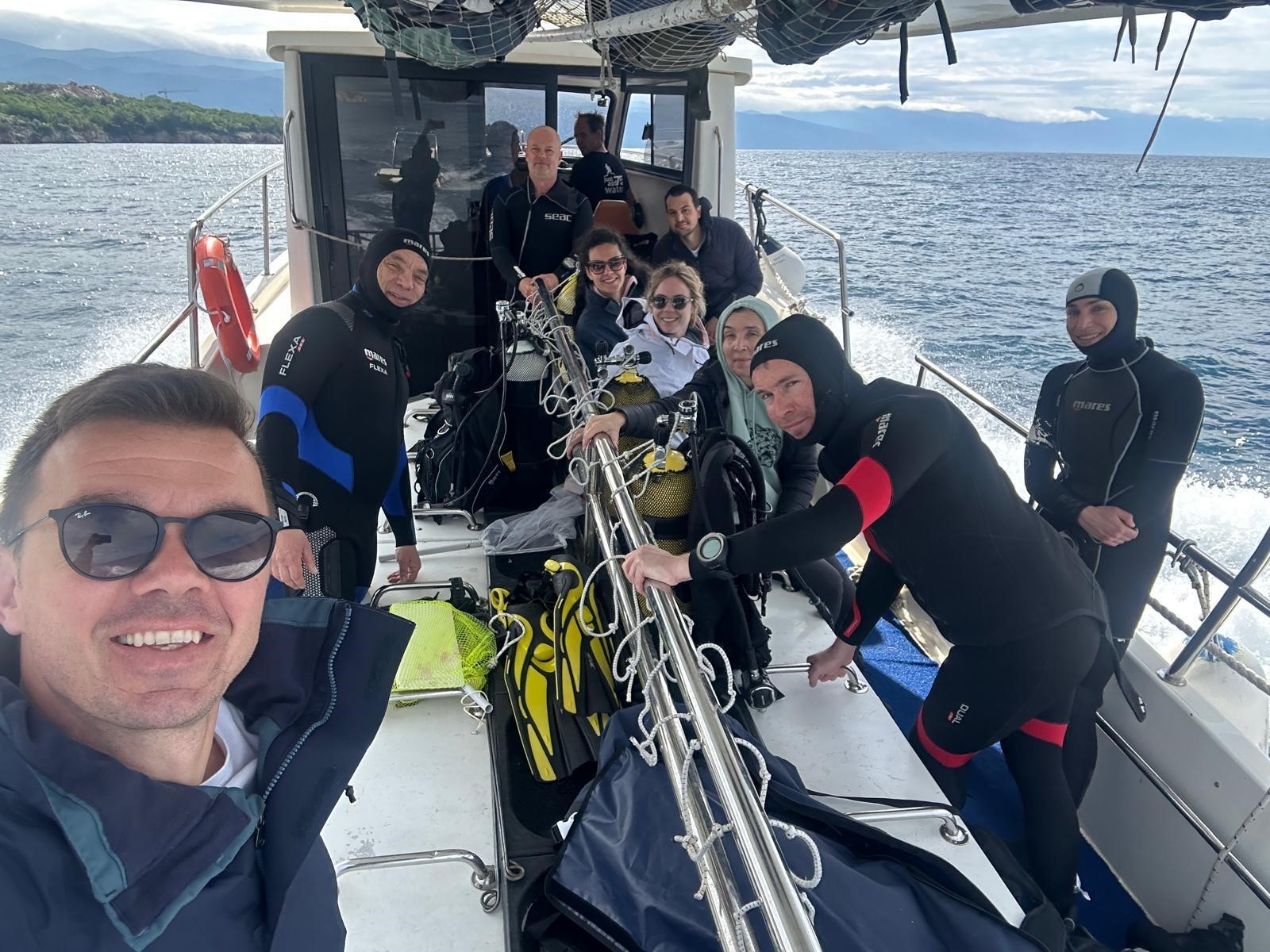
New Senior Research Assistant – NIKA UGRIN
Dr.sc. Nika Ugrin has been employed as a Senior Research Assistant as of February 3, 2025, in the scientific field of natural sciences, area of biology, on the LinkFish project at the Laboratory of Ichthyology and Coastal Fisheries, Institute of Oceanography and Fisheries in Split. Nika Ugrin completed her doctoral studies in Applied Marine Sciences at the University Department of Marine Studies, University of Split, in 2024.

Research stay of PhD student Lea Madunić at Aarhus University
PhD student Lea Madunić completed a research stay from January 26 to February 14, 2025, at the Department of Biology, Section for Aquatic Biology, Aarhus University, Denmark. During her stay, she was introduced to methods for determining the age of larval fish through the analysis of daily increments in otoliths and received basic training in this field. Additionally, she actively participated in scientific seminars and other professional activities within the department.


Visiting lecture by PhD Peter Grønkjær (1th project team meeting): Interpretation of
results obtained from the analysis of stable isotopes in fish tissues
During the internal symposium of the Institute of Oceanography and Fisheries with the members of the Scientific Council (25-26 November 2024) consisting of eminent European scientists, one of whom is a member and part of the LinkFish project team Peter Grønkjær from Aarhus University, Denmark, a working meeting of the project team was held (27 November) at which the activities and results of the first year of the project were presented. It was an opportunity for the younger members of the project team to meet their colleagues, arrange training in Aarhus, and attend constructive discussions related to the analysis of the results and the preparation of the first scientific papers on the project.
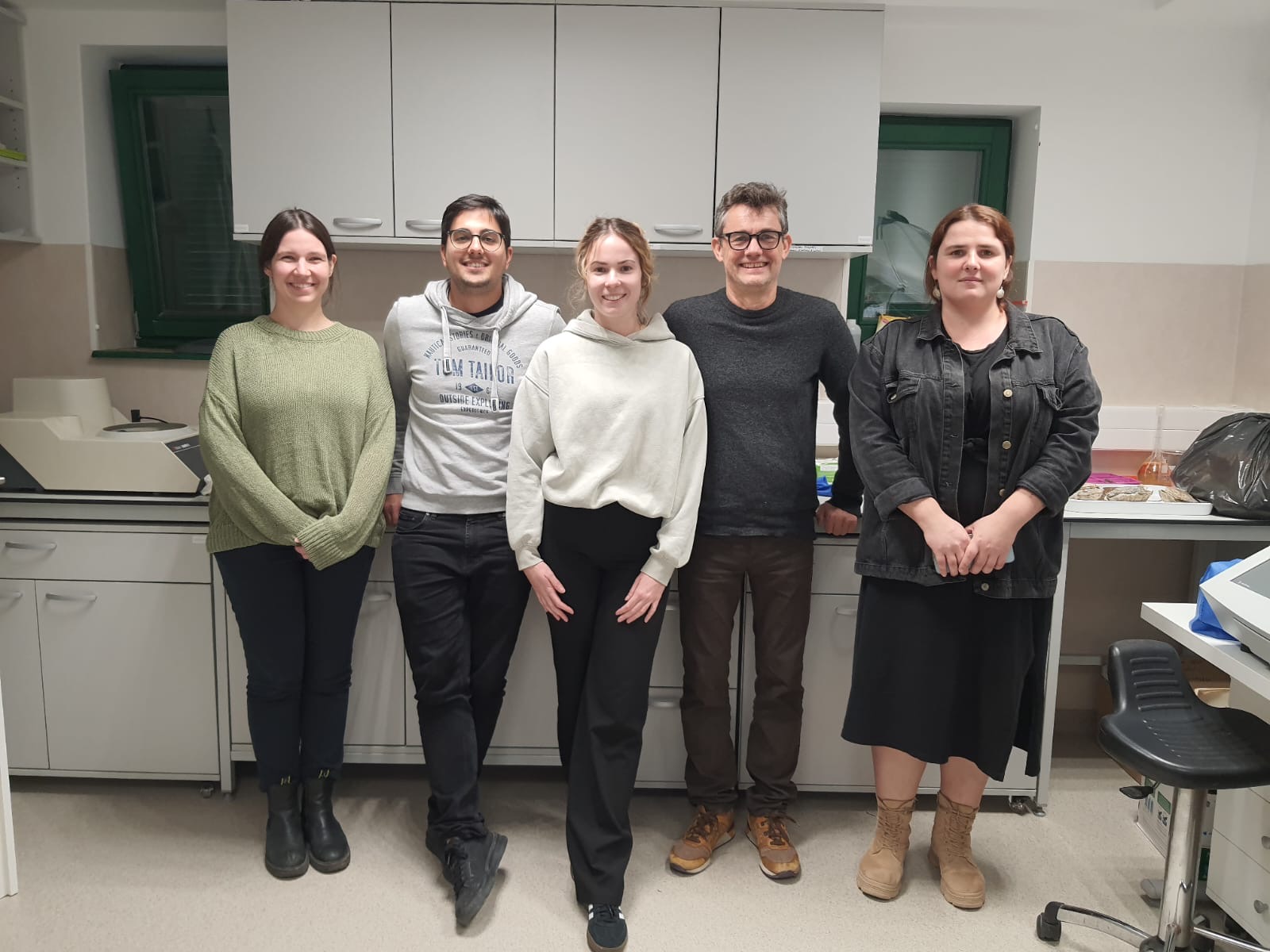
Training in the LA-ICP-MS laboratory at the Institute for Geosciences, University of Mainz
Doctoral student Lea Madunić and ERASMUS exchange student Sanja Bašić from Germany, attended training from November 10 th to November 16 th 2024, in the LA-ICP-MS laboratory at the Institute for Geosciences, University of Mainz with respect to application of laser ablation–inductively coupled plasma–mass spectrometry (LA-ICP-MS) to determine element concentrations in fish otoliths. During this period, they obtained the necessary skills and competencies in sample preparation for LA-ICP-MS, sample processing on the instrument, data analysis and interpretation.
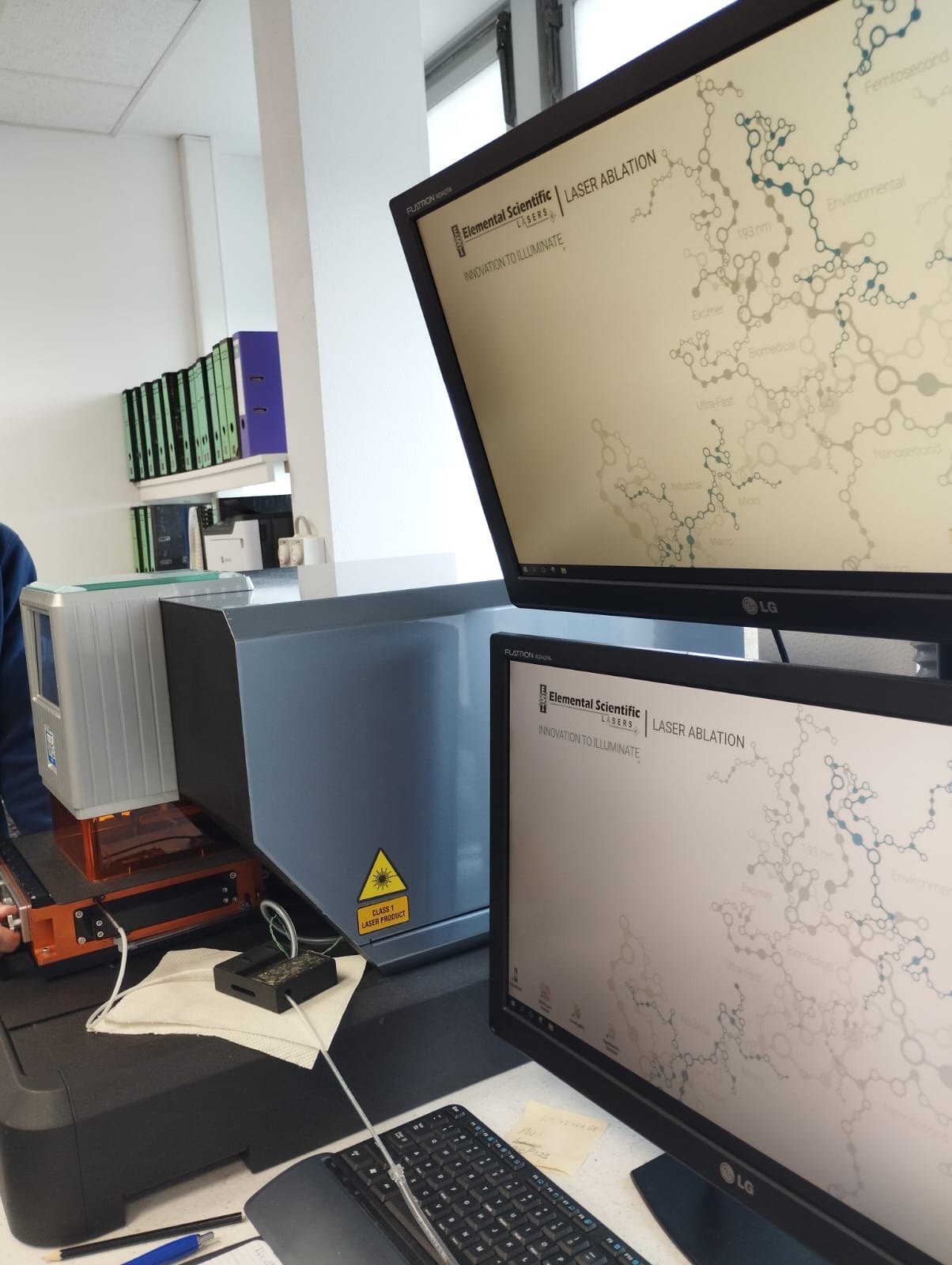
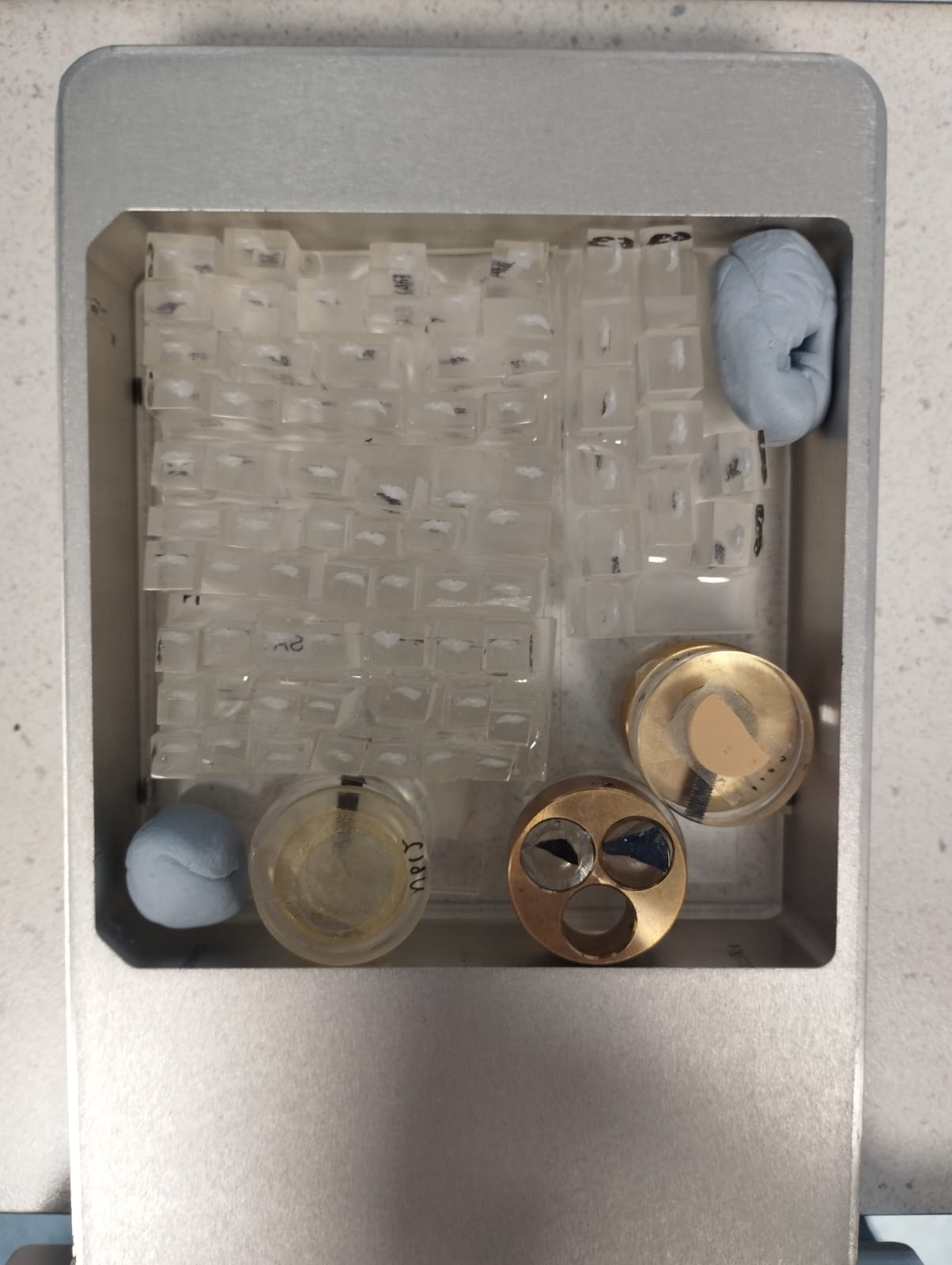
57th European Marine Biology Symposium (57 EMBS)
Members of our team, Mišo Pavičić and Sanja Matić Skoko, actively participated in 57th European Marine Biology Symposium (57 EMBS) dedicated to the 800th anniversary of Federico II University and to the 150th anniversary of Anton Dohrn Zoological Station Naples: From the past to the future technologies for facing the challenges of marine biodiversity loss. They presented the first results of the LinkFish project.

A new PhD student in our research team, Lea Madunić
Lea Madunić is employed as an assistant in the Laboratory for Ichthyology and Coastal Fisheries, at the Institute of Oceanography and Fisheries in Split (from September 17, 2024), through the project “Career development of young researchers – training of new PhDs” (NPOO-DOK-2023_10)” for work on our project. She completed her graduate studies in Biology and Chemistry at the Faculty of Science and Mathematics in Split, University of Split. The assistant enrolled in the doctoral study of Oceanology, PMF, University of Zagreb.

Visit and lecturing (Brian Kennedy (24.05.2024)
Our colleague and collaborator on the LinkFish project, Prof. Dr. Brian Kennedy (https://www.uidaho.edu/cnr/faculty/kennedy, https://www.kennedyecology.com/), University of Idaho, USA, held an interesting lecture “Pacific salmon populations – their habitat, migrations and otolith microchemistry: My scientific life when I am not in Croatia” on May 24, 2024 in the Library of IOR.


Live from fieldwork
Intensive collection of samples has begun at selected locations for the needs of Module 1 and Module 2. As always, the fieldworks bring a lot of joy, but also challenges, particularly in estuaries.
Kick-off meeting on LinkFish
Today, on 19th March 2024, the kick-off meeting of the LinkFish project team was held in the library of the Institute of Oceanography and Fisheries. We were briefly introduced to all the goals and activities planned, especially those for the first year of project implementation.
